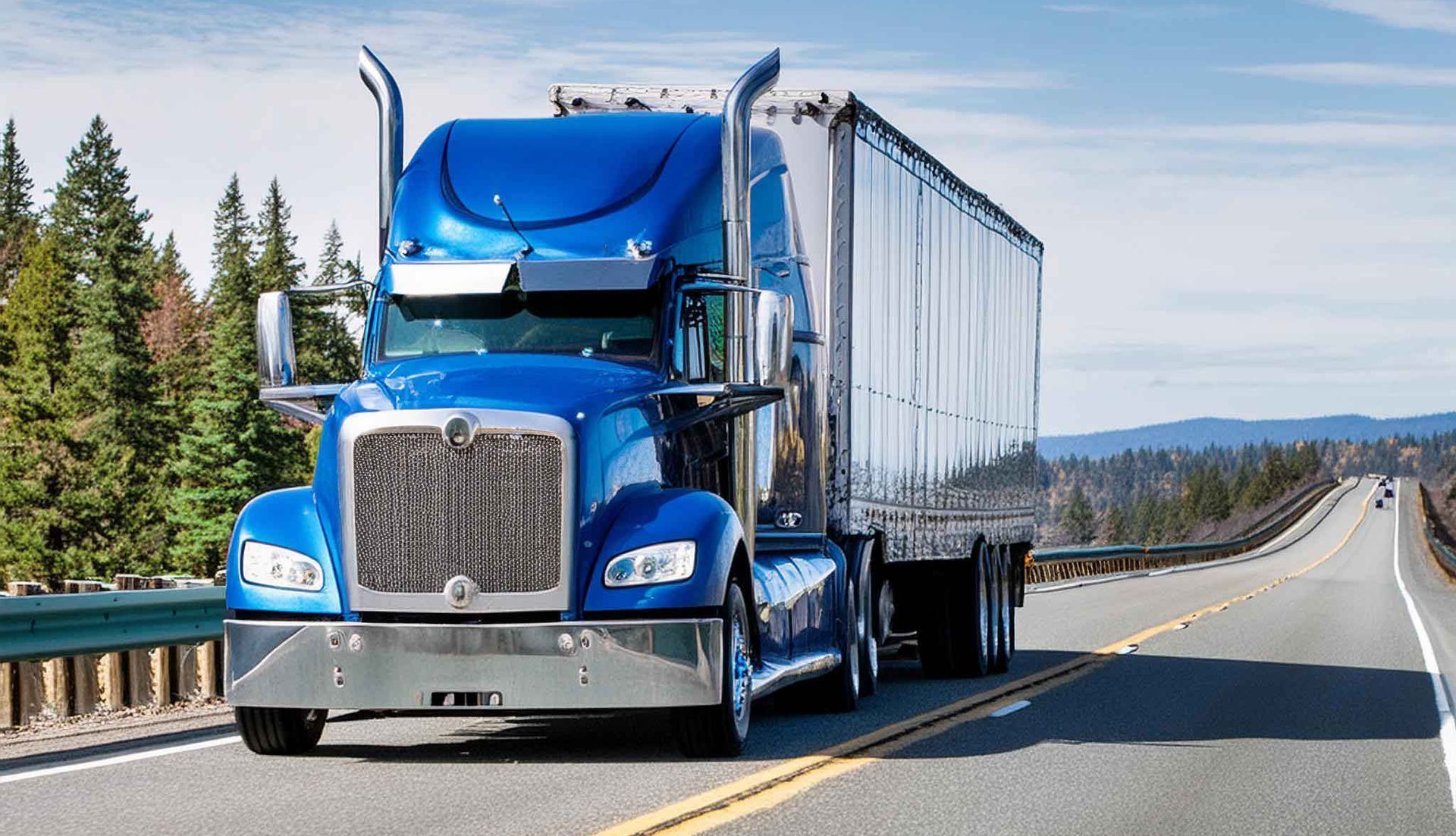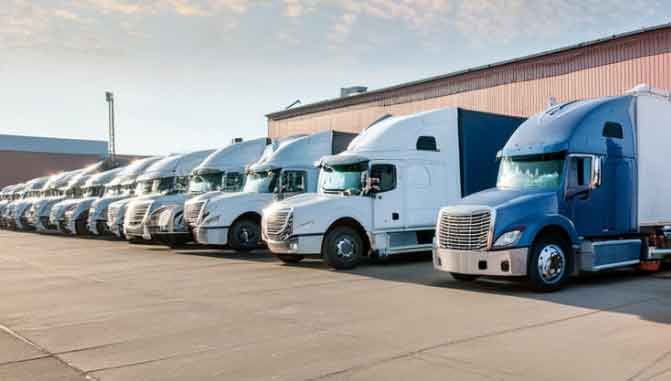Department of Transportation's Role in Regulating the Truckload Market
Discover the Department of Transportation's regulations that impact the truckload market, from Hours of Service rules to drug and alcohol testing, to ensure CMV safety.
The Department of Transportation (DOT) is a federal agency responsible for overseeing and regulating transportation in the United States. The DOT's primary role is to ensure the safety of the traveling public, including those who travel by commercial motor vehicle (CMV). The DOT has several sub-agencies that oversee different modes of transportation, including the Federal Motor Carrier Safety Administration (FMCSA), which regulates the truckload market.
The DOT (Department of Transportation) has the authority to regulate the truckload market through various laws and regulations. One such law is the Motor Carrier Act of 1935, which gave the DOT authority to regulate motor carriers engaged in interstate commerce. Under this law, the DOT is responsible for ensuring the safety of commercial motor vehicles and their drivers, as well as regulating the economic aspects of the truckload market, such as rates, routes, and services provided by motor carriers.
In addition, the DOT is also responsible for enforcing other federal laws that apply to the trucking industry, such as the Hours of Service regulations that limit the amount of time a commercial driver can operate a vehicle without taking a break. Overall, the DOT's authority to regulate the truckload market is derived from federal law and is designed to ensure the safe and efficient operation of commercial motor vehicles while also promoting fair competition and protecting consumers.
The FMCSA establishes and enforces safety regulations for CMVs and their drivers, including those that impact the truckload market. Some examples of CMV regulations that impact the truckload market include:
- Hours of Service (HOS) Rules: The FMCSA's HOS rules limit the amount of time that a CMV driver can spend driving in a single workday and workweek. These rules are designed to prevent driver fatigue and ensure that drivers are well-rested when they are on the road.
- Electronic Logging Devices (ELDs): The FMCSA requires CMV drivers to use ELDs to record their HOS compliance. ELDs replace paper logbooks and provide a more accurate record of a driver's hours of service.
- Drug and Alcohol Testing: The FMCSA requires CMV drivers to undergo drug and alcohol testing before they are hired, randomly throughout their employment, and after certain types of accidents. These tests are designed to ensure that drivers are not impaired while on the road.
- Vehicle Maintenance Standards: The FMCSA has established standards for the maintenance and inspection of CMVs. These standards require carriers to inspect their vehicles regularly and keep them in good working order.
- Weight and Size Restrictions: The FMCSA has established weight and size restrictions for CMVs. These restrictions are designed to ensure that CMVs can safely navigate the nation's highways without damaging infrastructure or endangering other motorists.
The DOT and its sub-agencies, including the FMCSA, play a critical role in regulating CMVs and ensuring the safety of the truckload market. By enforcing regulations such as HOS rules, ELDs, drug and alcohol testing, vehicle maintenance standards, and weight and size restrictions, the DOT helps to prevent accidents and keep the nation's highways safe for all motorists.
TLI Insights
Get the latest logistics insights and tips from TLI's award-winning team. Stay ahead in transportation planning.
Questions? Email us at marketing@shiptli.com



